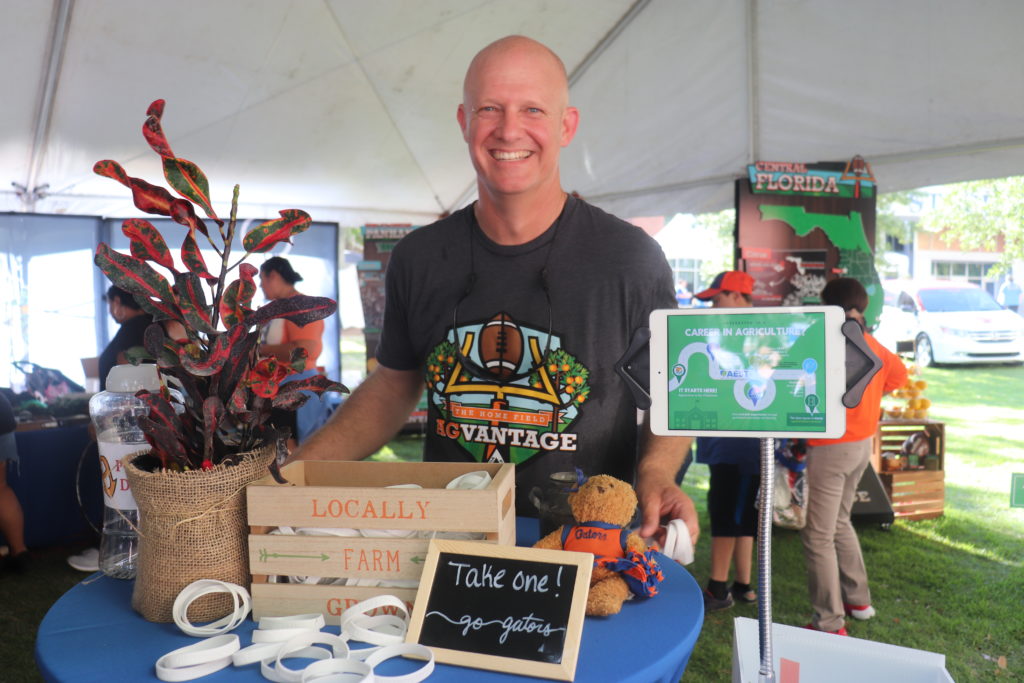By Frank Giles
Jeb Smith’s agricultural roots run deep in Florida. He is a fifth-generation farmer born and raised in St. Johns County. He lives on the same property his great, great grandfather farmed in Hastings, Florida. The farm was designated a Century Pioneer Family Farm by the Florida Department of Agriculture and Consumer Services (FDACS) in March of this year, recognizing 100 years of continuous operation by Smith’s family.
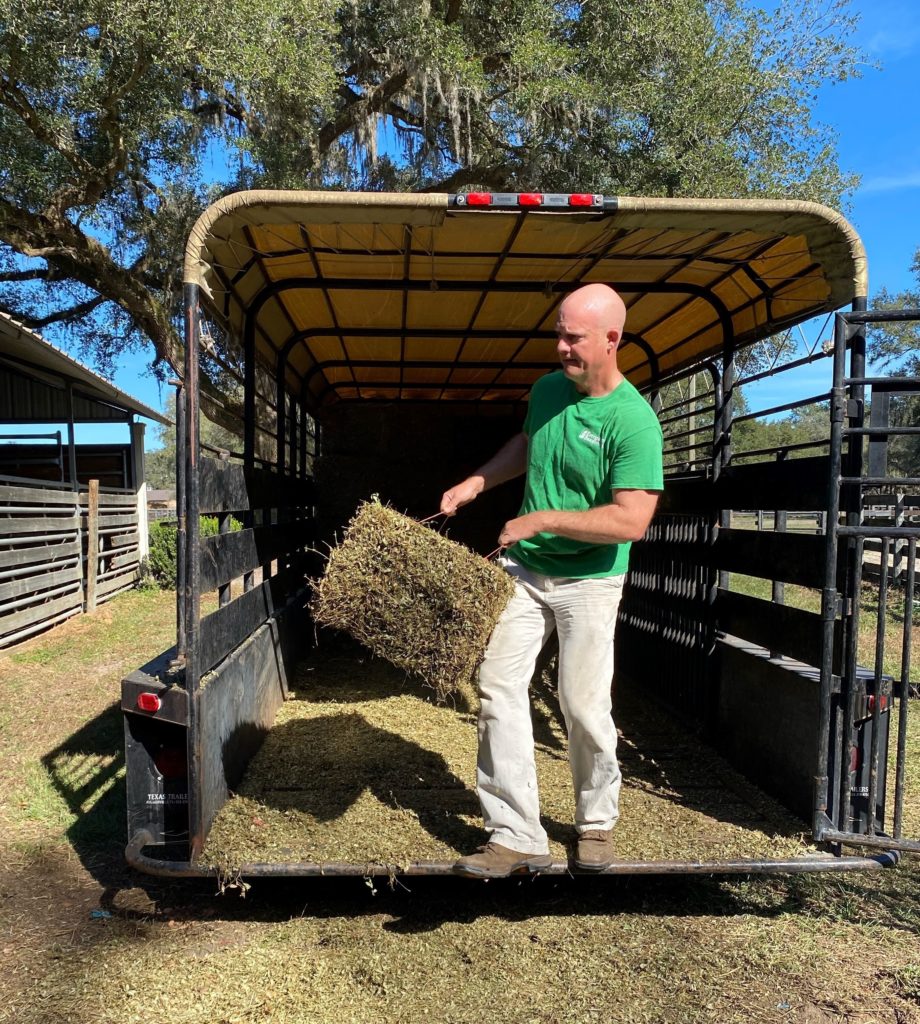
The family grew potatoes for many years before diversifying into other crops in 2005. Today, sod production is the main enterprise with perennial peanut hay and some cattle in the mix.
Smith’s roots in the Florida Farm Bureau Federation (FFB) run deep as well. The family’s involvement in the organization goes back to his great grandfather. Smith says he grew up in the FFB. He served at the county board level for 20 years and served on the state board for nine years. In 2009, he and his wife won the bureau’s Outstanding Young Farmer and Rancher award. He also served as a St. Johns County Commissioner, which he credits the FFB for helping to cultivate.
Late last year, Smith reached the pinnacle of FFB service when he was elected by his peers to be the next FFB president. He discusses his campaign experience and priorities in his new leadership role.
Q: What was the campaign and election process like running for FFB president?
A: There’s a saying that, ‘It doesn’t cost to be a member, it pays to be a Farm Bureau member.’ That is very true of my experience. I am indebted to this organization.
The election process was a wonderful experience to travel the state to visit with members to engage with them on issues of importance. We visited their farms and ranches to see and hear their vision and desire for the FFB to be their voice for agriculture at the local, state and federal level. My wife and I got to see some beautiful places and got to meet some of the state’s finest people.
I ran on the campaign slogan of Faith, Family and Farm. It summarizes the priorities of my life, but it also captures the priorities of most of our active members. To campaign and be elected is a blessing to be engaged with people that I love.
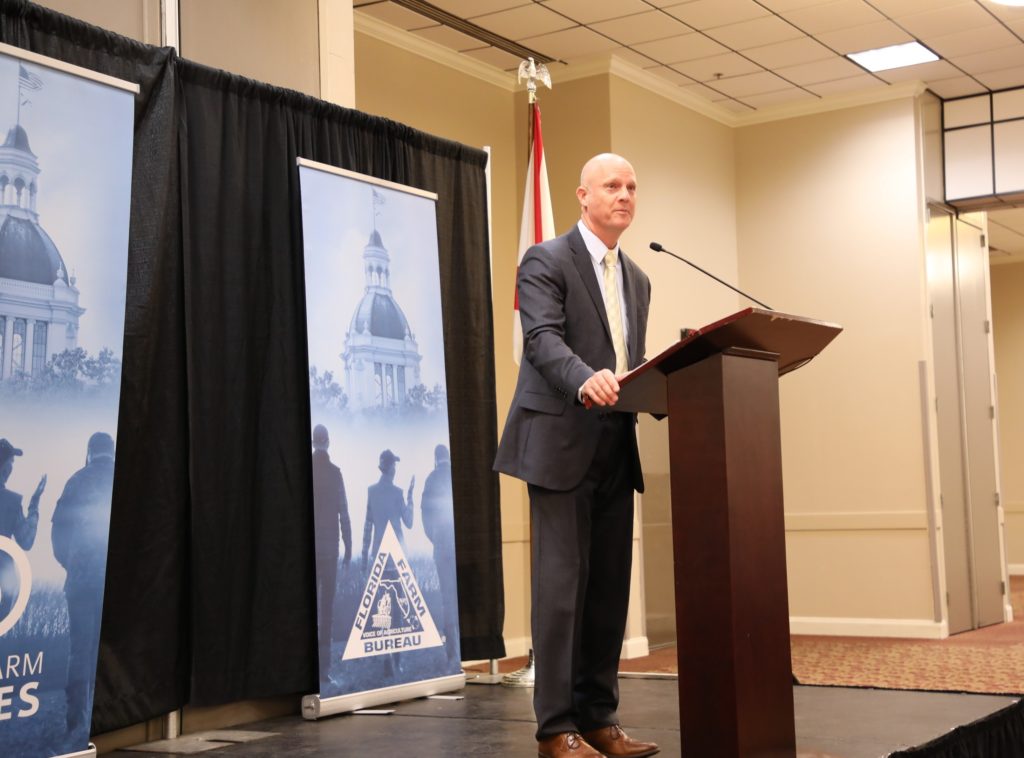
Q: What are your priorities as FFB president?
A: We are a grassroots organization. I promoted this in my campaign that roots need to be taken care of to provide a foundation of stability for the plant. They are in the ground and a lot of times overlooked and forgotten. I think as a grassroots organization, those roots can be overlooked, and we see that in the fruit. My mantra is: If we take care of the roots, healthy fruit will be a natural byproduct.
FFB has 48 paid positions, which is a small staff, so we need to utilize it to engage our membership to help us accomplish the vital tasks in which we are involved. My priority is to be sure our members are educated properly to enable them to confidently engage with legislators or other policymakers. We need to really focus on the quality engagement of members and not be so worried about just the number of members we have.
I will continue traveling the state to meet with our grassroots members. I also want the FFB to have a more consistent presence in Tallahassee in front of our state’s leaders. I think we have been able to accomplish that, even in the short time I have been here.
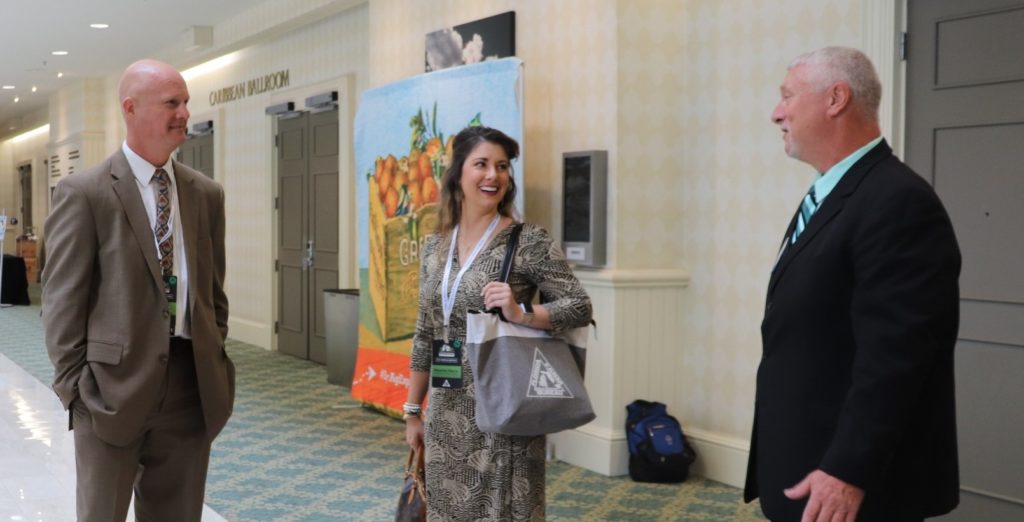
Q: What are some policy objectives for FFB?
A: I had a cousin ask me to come speak to a group, and he said growers wanted to know about three topics — water, labor and trade. Those always are at the forefront. Water quality is always important, not just surface water, but also groundwater. Water quality is a hot topic in our state, especially with our tourism industry. Agriculture always bears scrutiny, some of it justified and some of it not. It is important for us to take a stand for what we are doing right and defend agriculture when we are accused in unmerited attacks.
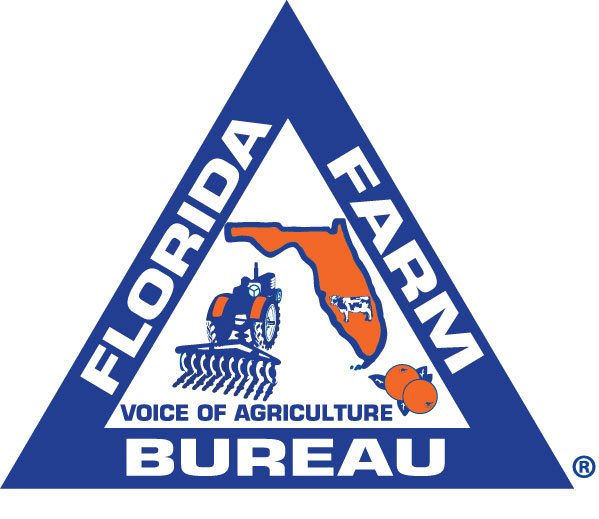
One of the big priorities for us in the 2022 legislative session was focused on the FDACS Best Management Practices (BMP) program and revamped regulations from the 2020 legislative session that revealed some nutrient management noncompliance from growers. There are issues from the law that do not account for the different soil types, crops grown and cultivation practices across the state.
I was excited to see Sen. Ben Albritton (FL-56 District) bring Senate Bill 1000 to the 2022 session. He understands the issue and introduced the bill to address these untenable restraints we are seeing now with BMP compliance. At this point, the bill has been amended and focused mostly on the citrus industry. I am hopeful citrus growers can enjoy some benefit from the legislation and hope the entire industry can benefit from it in the future.
When it comes to trade issues, it has been a perpetual battle for Florida specialty crop growers. We’ve had some of our key crops see unfavorable rulings by the International Trade Commission that we had hoped would provide relief. Mexico dumping crops on top of our market is going to continue to be a problem, so FFB will continue to seek trade protections for our growers.
The labor issue has only been magnified by COVID-19. We have talked about adopting technology to help make agriculture more automated, which is going to be important. But with all the supply-chain disruptions we are seeing now, I am not sure how much help that can provide because growers cannot get equipment or parts.
I have a friend who grows potatoes, and that industry is almost entirely automated. He needed a part for his John Deere tractor. He looked all over the country for the part and couldn’t find it. Finally, they found the part in Germany and had to wait for nine days for it to be delivered, and when it was, it turned out to be the wrong part. Until we get this supply-chain problem smoothed out, equipment automation, while important, is not going to be a labor fix.
That leaves the H-2A program as really the only option for growers. It is not perfect by any means, so FFB will continue to advocate for improvements to the program.
